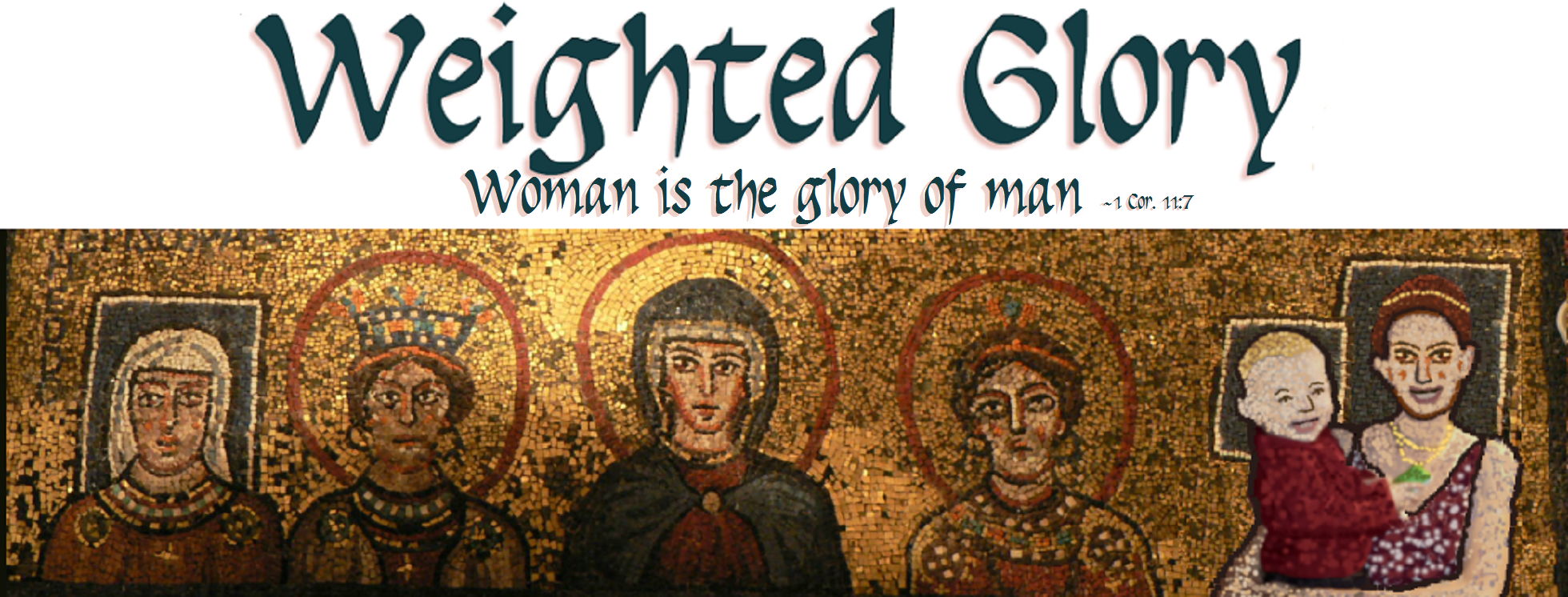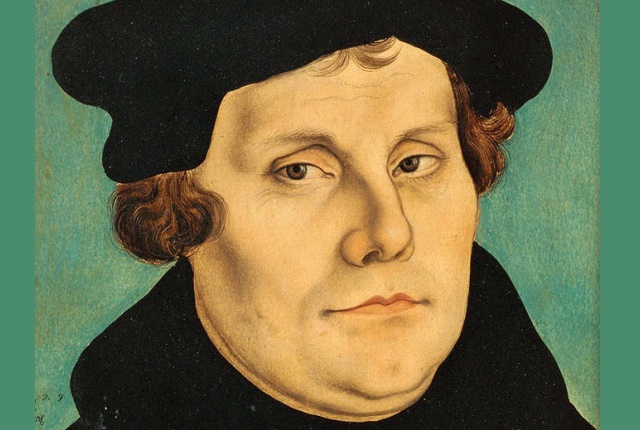 I have a new article out in the Trinity Journal called “The Consecrated Virgin and the Princess Bride: Historical Applications of Ps 45 to Women in Education and Ministry.”
I have a new article out in the Trinity Journal called “The Consecrated Virgin and the Princess Bride: Historical Applications of Ps 45 to Women in Education and Ministry.”
As part of my doctoral studies, I took an interdisciplinary class in Spring 2022 wherein the main task for us students was to write a paper on one of the Royal Psalms (2, 20-21, 45, 47, 72, 93, 97, 99, 101, 110, 132), but within our respective disciplines. The class had eleven PhD/THS students (3 Old Testament, 4 New Testament, 2 Systematic Theology, 2 Church History) and four professors from the four disciplines (Eric J. Tully — Old Testament, Dana M. Harris — New Testament, David J. Luy — Systematic Theology, Scott M. Manetsch — Church History). I wound up writing a paper on the reception history of Ps 45 (Ps 44 in the LXX).
A version of the paper was presented at the Midwestern Meeting of the Evangelical Theological Society on March 19th, 2022 as “The Pastor-Theologian and the Princess Bride: A History of Ps 45.” After feedback I narrowed the paper down to just discussion of Ambrose, Jerome, and John Chrysostom, with a bit of Ps.-Ambrose thrown in for good measure, then re-titled the paper. Note that David G. Hunter had already written an excellent essay on Ps 45 in the work of Ambrose, Jerome, and Augustine, and this paper builds on that, but in new directions. After the class, Dr. Harris (who edits the Trinity Journal) invited me to submit the paper to the journal, where it was accepted.
Ps 45 is pretty much the only psalm that mentions women, yet it has been virtually ignored by feminists. It has also been virtually ignored in the life and worship of the church. [1] I hope my article suggests some remedies to both of these problems, if small ones.
Since writing the article, I came across this interesting comment in the work of Protestant Reformer Katharina Schütz Zell:
“From my mother’s womb He has chosen me and said to me through His Spirit, ‘Hear, daughter, look on this; forget your father’s people and house, so the king will desire your beauty, for He is your Lord and you should adore Him’ [cf. Ps 45:10-11]. Oh, these words! I have thought about them so much, and because of that I have forgotten the whole world and adored Jesus Christ my Lord and God [cf. Jn 20:28]. By His grace I hope to do that to the end.” (loc 3017-3021)
Zell was an eloquent woman who preached publicly, refuted errors boldly, and clearly considered herself a pastor, albeit an unordained one. I wonder now how many other women in church history thought of Ps 45:10-11 as part of their calling to ministry.
You can access my article for free at Academia. Feel free to use the comments here for thoughts on or corrections to my article.
[1] You all know that I love Mormon studies, but as far as I can tell, Ps 45 has also been ignored by Mormons, this despite it arguably having both polygamy and deification in it!
Bowen, Nancy R. “A Fairytale Wedding?: A Feminist Intertextual Reading of Psalm 45.” Pages 53–71 in A God So Near: Essays on Old Testament Theology in Honor of Patrick D. Miller. Edited by Brent A. Strawn and Nancy R. Bowen. Winona Lake, IN: Eisenbrauns, 2003.
Charry, Ellen T. Psalms 1-50: Sighs and Songs of Israel. Brazos Theological Commentary on the Bible. Grand Rapids: Brazos Press, 2015.
Hunter, David G. “The Virgin, the Bride and the Church: Reading Psalm 45 in Ambrose, Jerome and Augustine.” Pages 149–74 in The Harp of Prophecy: Early Christian Interpretation of the Psalms. Edited by Brian E. Daley, S. J. and Paul Kolbet R. Vol. 20. Christianity and Judaism in Antiquity Series. Notre Dame, IN: University of Notre Dame Press, 2015.
Jeffries, Bridget Jack. “The Consecrated Virgin and the Princess Bride: Historical Applications of Ps 45 to Women in Education and Ministry.” Trinity Journal 44 no. 1 (2023): 21-36.
Schütz Zell, Katharina. “To Sir Caspar Schwenckfeld, My Gracious Dear Sir and Old Friend: to His Own Hands.” In Church Mother: The Writings of a Protestant Reformer in Sixteenth-Century Germany. Edited and Translated by Elsie McKee. The Other Voice in Early Modern Europe. Kindle ed. Chicago: University of Chicago Press, 2006.



